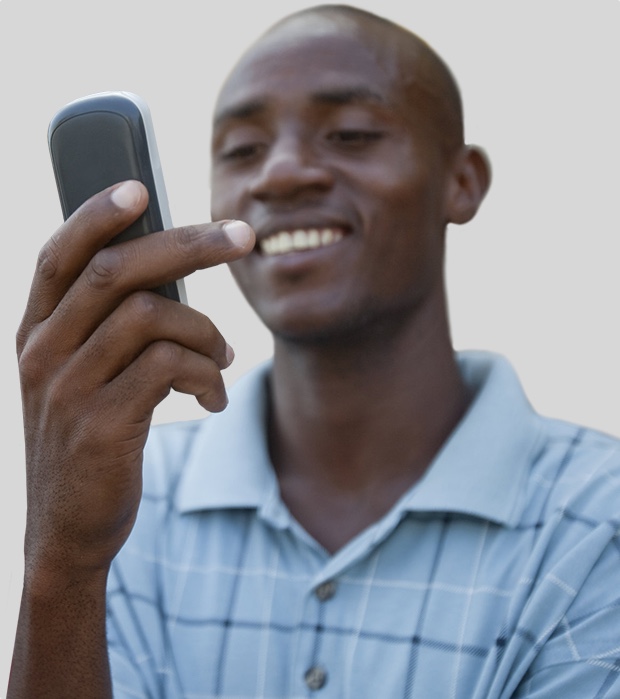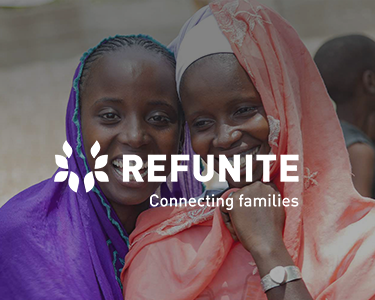
Recently, Refugees United and the Kenya Red Cross (KRCS) held a joint workshop in Nairobi, Kenya. Organized by KRCS, the workshop was entitled “Lessons Learnt”. For the past seven months Refugees United and KRCS have been running a pilot project aimed at combining the resources of the two organizations in order to improve family tracing in Kenya.
As the pilot project is coming to an end it was time to sit down and talk about lessons learned from the project: how a traditional family tracing organization like the Red Cross is taking new technologies into their operations in order to make these more effective and streamlined. Additionally, Refugees United hoped to come away with a better understanding of how to create a model in which to implement the Refugees United family tracing tool with other organizations around the world.
We arrived at the Red Court Hotel, where the workshop was being held, early Thursday morning to the smiling faces of KRCS staff and volunteers. The majority of the day was spent in two groups, management and on the ground, discussing the project, what worked well, what had not worked well, and recommendations for the future. One of the many unique qualities of the workshop was that people from all levels of the two organizations, from CEO-level to project managers to on the ground field monitors were in attendance voicing their own opinions of the project.
Often, the concern with workshops like these is that while fruitful discussions take place, change is rarely seen afterwards. However, the transformation from lessons learned to improvements implemented is already taking place both in the Copenhagen office and on the ground in Kenya. The IT team is hard at work applying changes to the tool that users suggested, a monitor guide is being created with more information about Refugees United, per the monitors’ request, etc.
As Refugees United begins to develop partnerships in other countries, the lessons learned from this workshop and our partnership with KRCS will help inform a working model for how NGOs can use Refugees United’s technology to offer free family tracing to their beneficiaries and thereby bring some of the 21st century’s most cutting edge technologies into their services.


